Without bail bonds, people who have been arrested are kept in jail until arraignment and possibly until trial. At the arraignment the defendant is brought before a judge to hear the charges and enter a plea. While arraignment may be “only” three business days away, sometimes less, this can mean close to a week in jail waiting when weekends and holidays are considered. Jobs, homes and families suffer, not to mention the traumatic and frightening experience of incarceration.
Instead, most defendants post a bail bond so they can continue with their regular lives until the trial is finished. When released on bail, a defendant can obtain legal counsel and generally will not see a judge for about a month.
A bail bond is a guarantee that an individual defendant will return to court to stand trial. Here's how the process works:
Arrest, Booking and Release
When a person is arrested, he is taken to a local law enforcement station for booking. Depending on the size and workload of the jail, the booking process can take between one and 24 hours. Large, busy facilities take much longer than small ones. Small jails often transfer inmates to large, central facilities after a certain period of time.
When transfers occur, the inmate has to be booked into the larger facility, and the clock starts all over again. After the bail bond is posted, it may take the larger jail another 6 – 12 hours to complete all the release procedures. Smaller jails generally will release a defendant faster.
It's important to start the bail bond process started as quickly as possible so that you or your loved one spends hours in jail instead of days.
Arranging and Posting a Bail Bond
Cash bail may be posted in full with a jail. Jails have different guidelines, but generally accept cash or cashier’s check only.
With bail regularly set at $20,000 to $25,000 and often much higher, most individuals do not have access to that much cash for bail. Bail is retained by the court until completion of legal action which is often in excess of a year. Even people with access to cash often do not want to tie up funds.
Bail bond companies arrange bail for a fee which is set by law, 10% in most states. Arranging a bail bond for someone using a bail agency usually takes less than one hour, even though there are several steps involved:
- A friend, relative, or attorney contacts a licensed bail bond company.
- The bail bondsman gets basic information about the arrestee: the charges, booking number, jail, etc. The bail company also evaluates the risk involved in writing the bail bond. The bondsman may ask about employment history, length of residence, arrest history, and more.
- Once the company agrees to write the bond, the customer and bond agency complete the paperwork. The person signing the bail bond agrees to pay the bail in full if the arrestee fails to appear in court.
- The bail bondsman then posts bail at the jail facility and the jail begins release procedures.
While it only takes about an hour to post bail, release procedures at the jail can take many more hours.
Bail Bond Costs & Fees
Many states have laws that govern bail bond fees and costs – many set the fees at 10% of the bail. In California, for example, licensed bail agents are not allowed to charge any more - or any less than the legal limit. Beware of unlicensed or unethical agents who offer a discount. If they can't be trusted to follow the law, you probably can't trust them to handle your bail bond in a professional manner either, especially if collateral is involved.
For instance, if the bail amount is set at $100,000, the bail bond fee in California would be 10%, or $10,000. Most bail agencies require their fee up-front, prior to posting the bond. Since most people don't have thousands of dollars just lying around, some bail bond agents can arrange payment plans or other financing options. Many even take credit cards.
Never, ever post a bond for someone if you think they may "skip bail" and not appear in court because then you're responsible for the entire bail amount. Bail skipping is a criminal offense that can result in extra charges and revocation of bail. It also has serious financial consequences for the person who guaranteed the bail. Think about it: if you struggled to post $10,000 for a bond, could you pay the entire $100,000 bail if the person leaves town? Even if you could, would you want to?
Because the bail bond process can vary widely between states – and even between individual jails in the same city – it's a good idea to work with an experienced, licensed bond agent. The agent will help you understand the bail process, complete the important paperwork, and work with the jail to have your loved one released as quickly as possible.

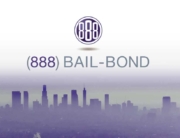
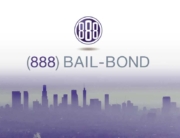
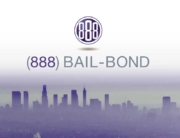


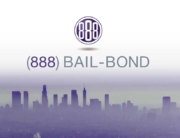
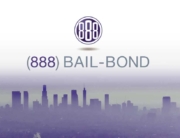
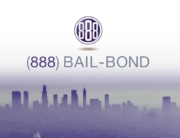
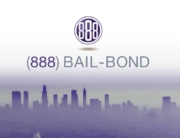
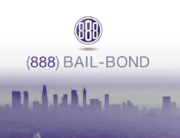




Follow Us
Facebook
Twitter
Google +1
LinkedIn
Youtube